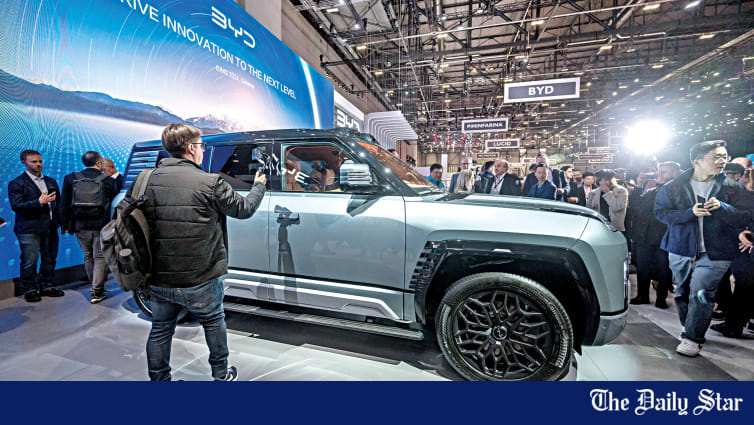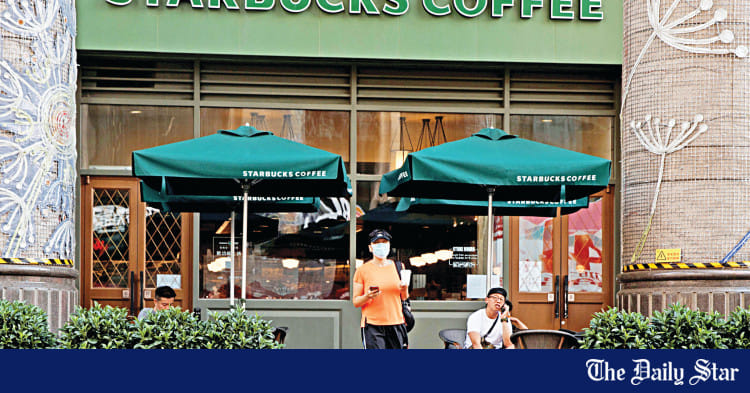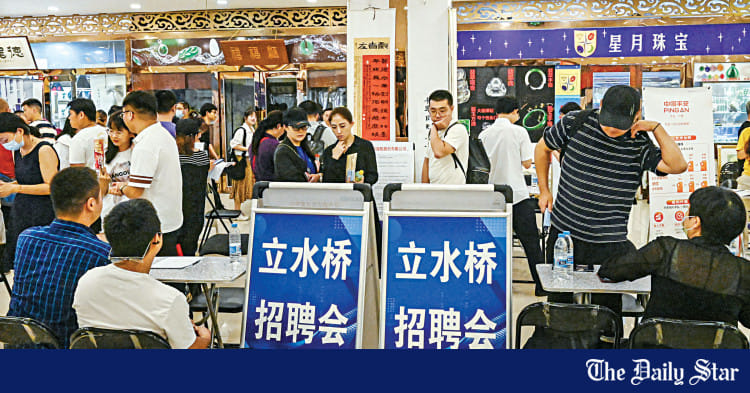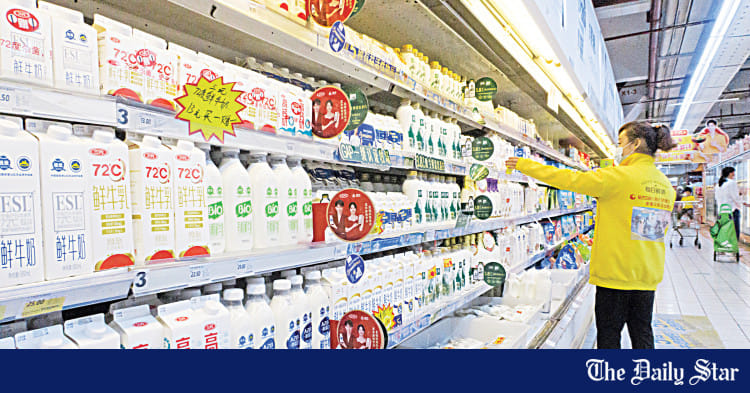Saif
Senior Member
- Joined
- Jan 24, 2024
- Messages
- 15,405
- Nation

- Axis Group

US lawmakers meet Tibet’s Dalai Lama
A group of US lawmakers who met the Dalai Lama in India yesterday said they would not allow China to influence the choice of his successor, comments expected to anger Beijing, which calls the exiled Tibetan spiritual leader a separatist.
US lawmakers meet Tibet's Dalai Lama
Pressure China on talks
A group of US lawmakers who met the Dalai Lama in India yesterday said they would not allow China to influence the choice of his successor, comments expected to anger Beijing, which calls the exiled Tibetan spiritual leader a separatist.
The remarks come as Washington and Beijing seek to steady rocky ties while India pushes China to secure lasting peace on their disputed Himalayan frontier, four years after a military clash strained ties.
The lawmakers also signalled that Washington would pressure Beijing to hold talks with Tibetan leaders, stalled since 2010, to resolve the Tibet issue, with a bill they said President Joe Biden would sign soon.
Although Washington recognises Tibet as a part of China, the bill appears to question that position and any change would be a major shock to Beijing, analysts said.
The bipartisan group of seven, led by Michael McCaul, a Republican representative from Texas, who also chairs the House foreign affairs committee, met the Nobel peace laureate at his monastery in the northern Indian town of Dharamsala.
"It is still my hope that one day the Dalai Lama and his people will return to Tibet in peace," McCaul told a public reception after the meeting.
Pressure China on talks
A group of US lawmakers who met the Dalai Lama in India yesterday said they would not allow China to influence the choice of his successor, comments expected to anger Beijing, which calls the exiled Tibetan spiritual leader a separatist.
The remarks come as Washington and Beijing seek to steady rocky ties while India pushes China to secure lasting peace on their disputed Himalayan frontier, four years after a military clash strained ties.
The lawmakers also signalled that Washington would pressure Beijing to hold talks with Tibetan leaders, stalled since 2010, to resolve the Tibet issue, with a bill they said President Joe Biden would sign soon.
Although Washington recognises Tibet as a part of China, the bill appears to question that position and any change would be a major shock to Beijing, analysts said.
The bipartisan group of seven, led by Michael McCaul, a Republican representative from Texas, who also chairs the House foreign affairs committee, met the Nobel peace laureate at his monastery in the northern Indian town of Dharamsala.
"It is still my hope that one day the Dalai Lama and his people will return to Tibet in peace," McCaul told a public reception after the meeting.










































